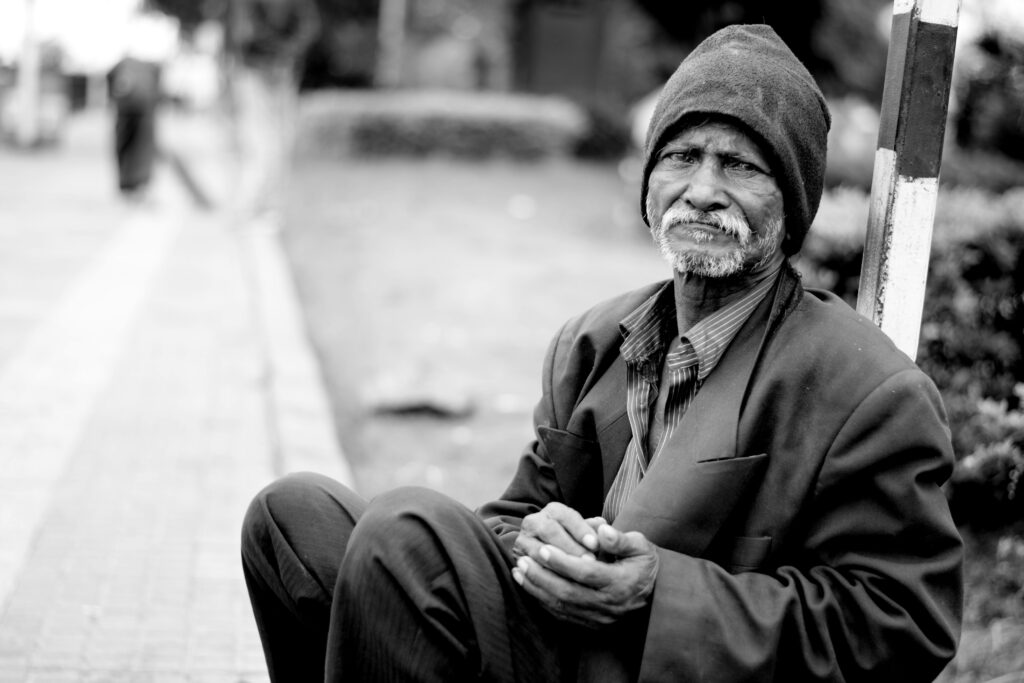
The propensity for a south Sudanese to die before attaining 55 years is significantly high according to an article published on Friday, December 24, 2022.
This finding is backed up by Human Development Report Office, considering three variables: Life expectancy, mean years of schooling, and gross national income per capita.
The writer looked at the 25 least-developed countries in the world and on this particular ranking, South Sudan was at number 11 out of 25 countries.
In my opinion, South Sudan could be ranked in the range of 1 to 5 if sufficient data on South Sudan was available, unfortunately, data on South Sudan is scanty to date.
Despite it being ranked 11 out of 25 countries it still performed decimally poorly in Gross national income per capita and the mean years of schooling.
South Sudan’s Gross national income per capita was placed at $768, mean years of schooling at 5.7, and life expectancy at birth (in years): at 55.0.
Gross national income is the value of all income produced by a country’s residents within its geographical borders, plus net receipts of income from abroad. In short, GNI is a measure of all money, goods, services, and investments that come into or stay in the country (Masterclass).
Today, South Sudanese are susceptible to diseases. They are likely to die of treatable diseases like malaria, typhoid, headache, and diarrhea, leaving alone the prevalence of HIV/AIDS, and hepatitis B virus in the country because of poor health services or the absence of it in some parts of the country.
Such statistics leave me concerned and worried about the future of South Sudan. Perhaps not everyone feels the same as I do and consider it human because we are different.
The rich will say such a statistic has nothing to do with them. Fair enough! To them, their life is well sorted. They eat a balanced diet, rest, exercise regularly, and seek better medical attention.
However, the fact is that they don’t have the full story. Because they are affected indirectly by the fact that they’ve among the poor.
Furthermore, we all lived in the same duality, and the halves and have not do not have control over what they eat, especially if you look at it from the supply side of things. Most of the food supplies that enter South Sudan are either expired and repackaged or completely unfit for human consumption.
However, that is not what triggers this article. This article is triggered by the fact that South Sudanese appeared to have given up on themselves or their future.
Why? Because they think as a tribe and not as individuals. And that’s the reason why we are failing to take full ownership of the problems devilling the nation.
This raises a pertinent question, is South Sudan a poor country because God denied it resources? The answer is no. South Sudan’s problem is simply the absence of STABILITY.
Since it attained independence from Sudan in 2011 it has never found stability. It has always been experiencing instability as far as 2010 after the first election.
But what is the problem? Why is the instability a factor or a problem? The answer is in two folds:
First – Greed
Second – Is the Belief That Everyone Is Right. And they should lead this country.
That’s why you hear phrases such as we liberated this country and must rule it for 100 or 200 years.
That’s why rebellion is profitable today in South Sudan.
Any country rocked by political, social, and economic instability cannot attain progress. And when there is instability there is income inequality.
When you combined economic instability and income inequality you get sick people that’s why South Sudan’s life expectancy in years is 55.0.
That’s why a poor country is a sick nation.
© December 26, 2022















